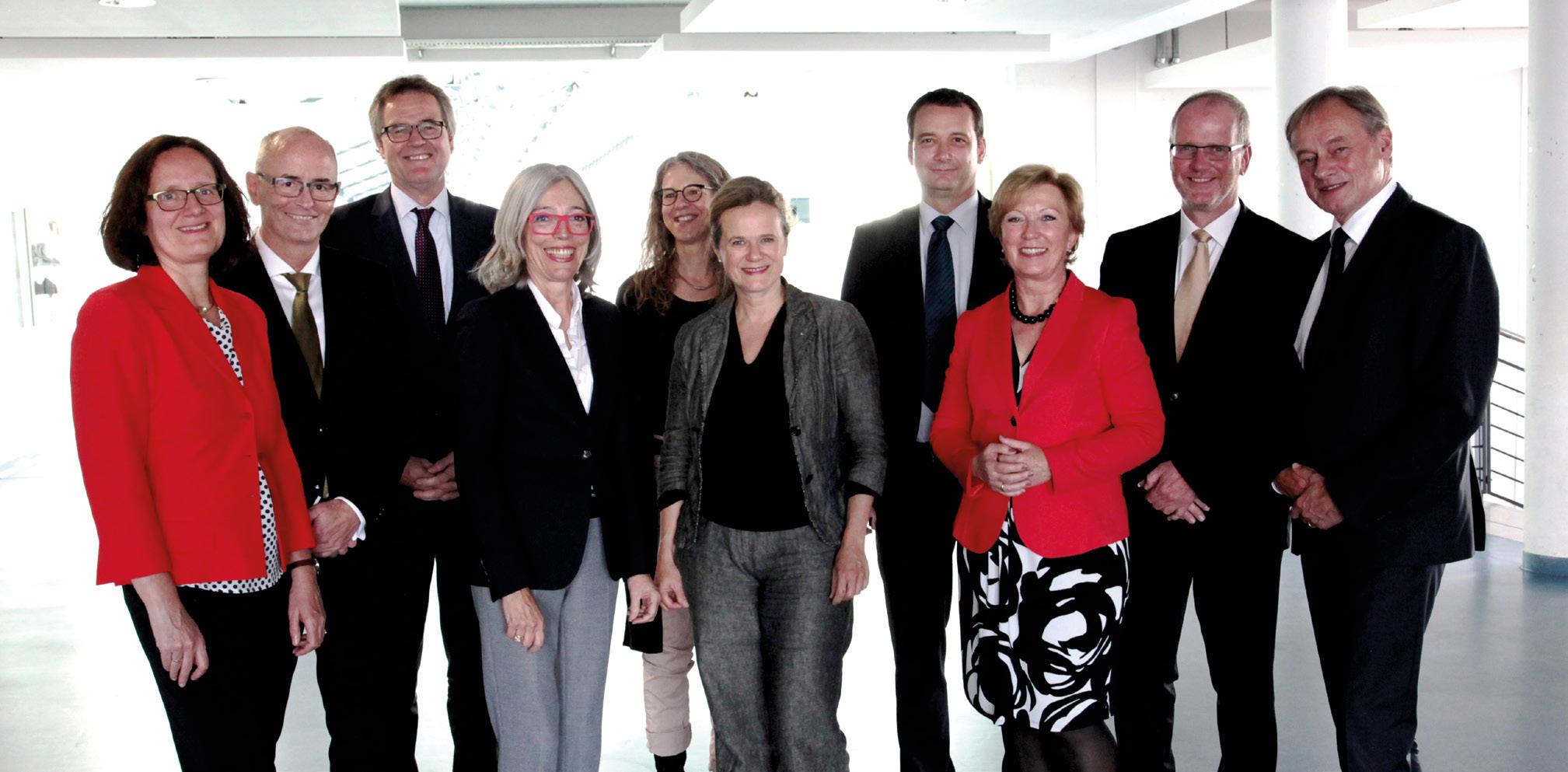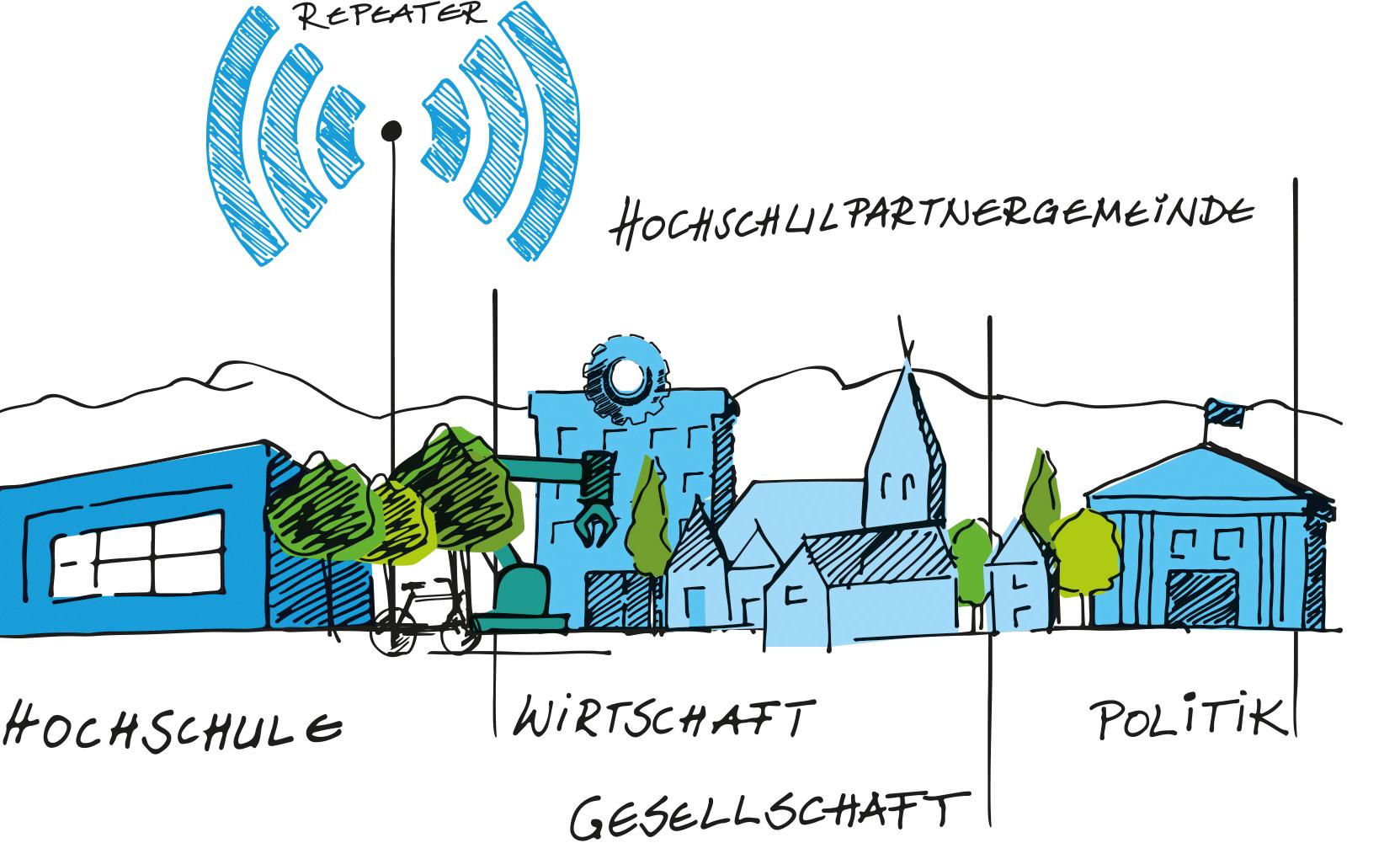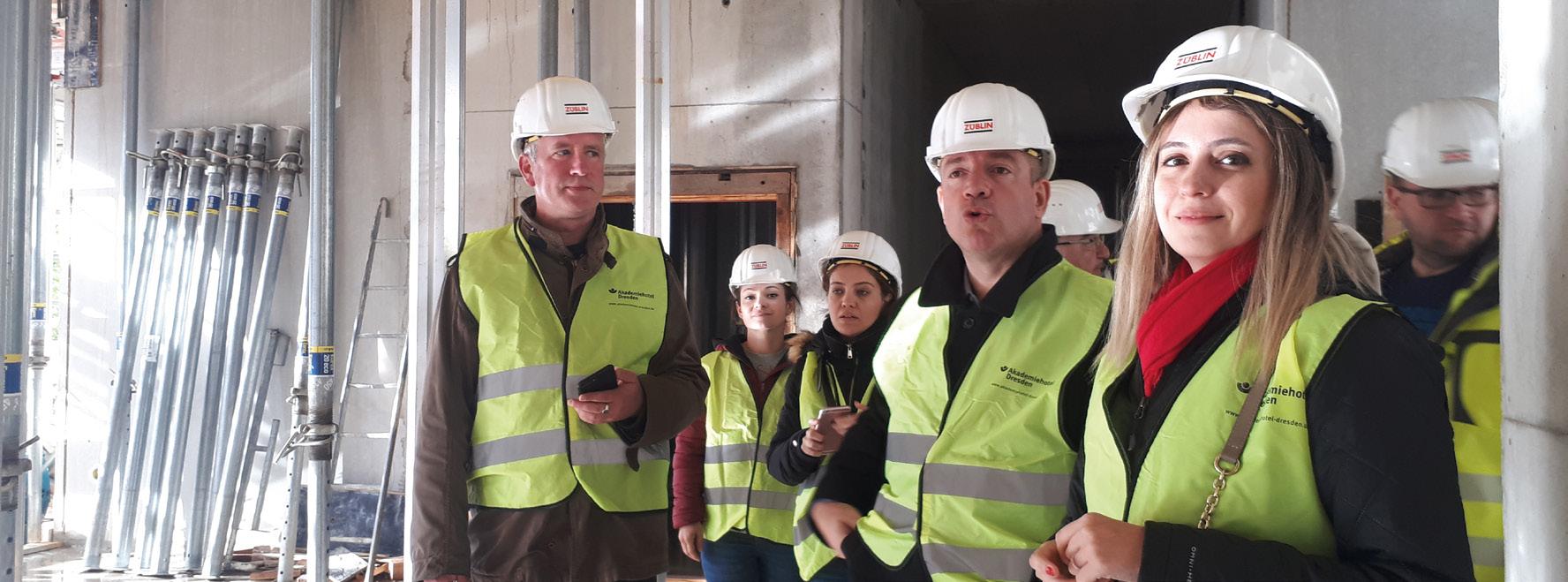
2 minute read
Outcome index for medical rehabilitation
Fit for the job market
Outcome index for medical rehabilitation
Only those who are healthy can work. In cases of limited or endangered earning capacity, usually only a rehabilitation stay of several weeks helps. But how efficient – and sustainable – is medical rehabilitation here in Germany? Researchers from the Department of Social Policy and Social Security Studies are looking into these questions in their second study on the quality of the success of rehabilitation measures (Reha-QM-Outcome Study II).
According to current forecasts, the need for rehabilitation measures is growing. The reason for this is the increasing demands of everyday working life. Many employees are already feeling the effects of the current shortage of skilled workers. If positions are not filled, the workload increases. If there is a lack of junior staff, it is more difficult to retire earlier. High-quality medical rehabilitation can help to guarantee the long-term earning capacity of employees.
Professor Edwin Toepler and his team are investigating where the probability of therapeutic success is highest. “We want to find out how best to measure the longterm effectiveness of rehab stays. For this purpose, we’re compiling an outcome index that will serve as a control element in the future when making decisions on facility occupation”, explains the social scientist. In addition to Hochschule Bonn-Rhein-Sieg, the German Pension Insurance Companies of Baden-Württemberg, Northern Bavaria and Brunswick-Hannover, the Institute for Rehabilitation Research at the University of Ulm and the Society for Quality in Health Care are also involved in the project, which has been running since 2018. The Social and Occupational Medicine Academy of Baden-Württemberg (SAMA) is the project sponsor.
Reintegration depends on many factors
Research is based on surveys of the insured, data from the pension insurance scheme and the quality indicators of the participating hospitals. Of particular relevance is the question of how rehabilitation influences quality of life and reintegration into the labour market. After rehabilitation, do patients earn less, the same or more than before?
Since the research project has a broader regional focus than a previous study – besides Baden-Württemberg, the regions of Eastern Lower Saxony and Northern Bavaria are also being investigated – the question of reintegration is of particular interest. As Toepler explains: “We need to question the influence of the respective labour market on the outcome index of the hospitals. Just because the unemployment rate in Baden-Württemberg is lower than in Eastern Lower Saxony does not mean that the clinic in Lower Saxony is doing a worse job. But we are confident that we will be able to determine the index fairly with the help of statistical adjustment”.
The interview on this year’s theme
In discussion: Norbert Röttgen, Member of the German Bundestag and Chair of the Foreign Affairs Committee, with Hartmut Ihne, University President









